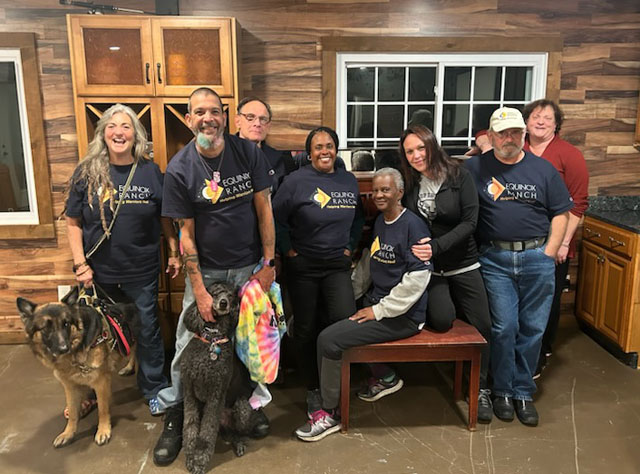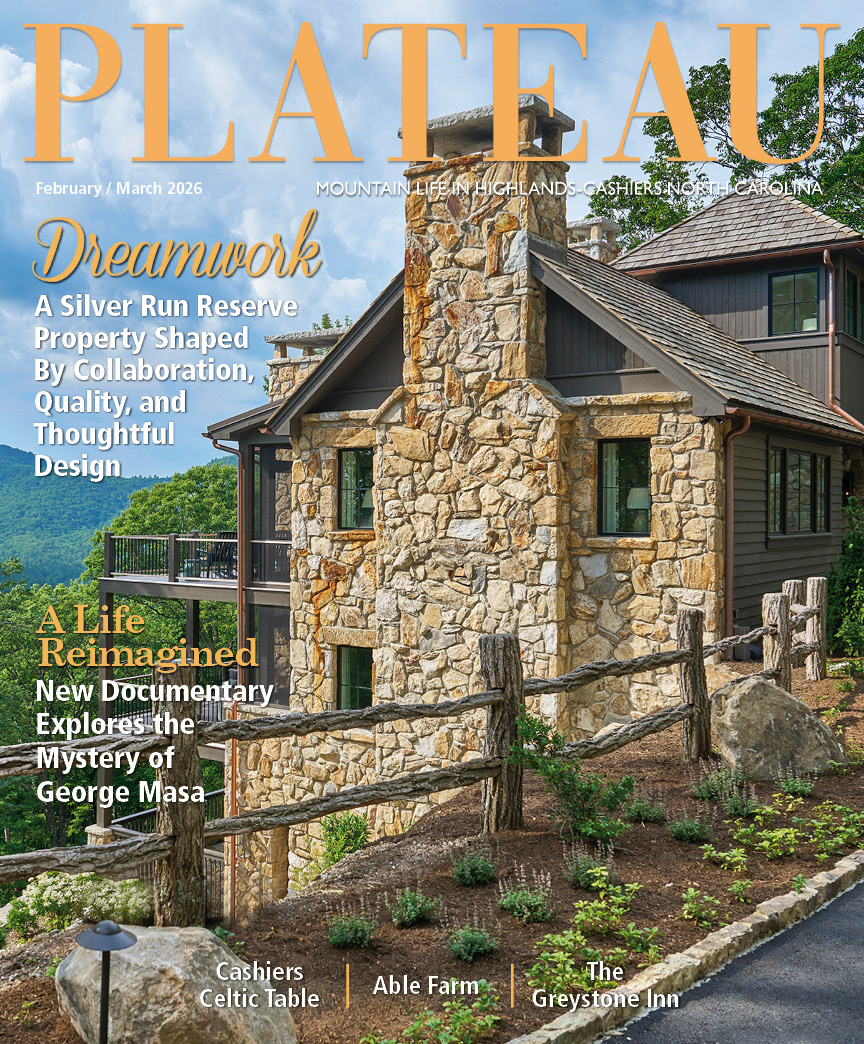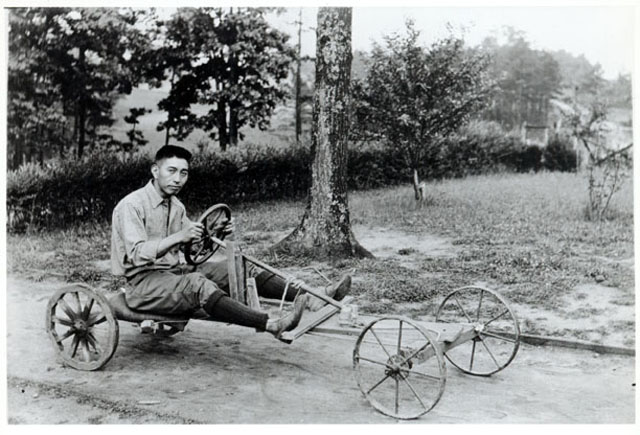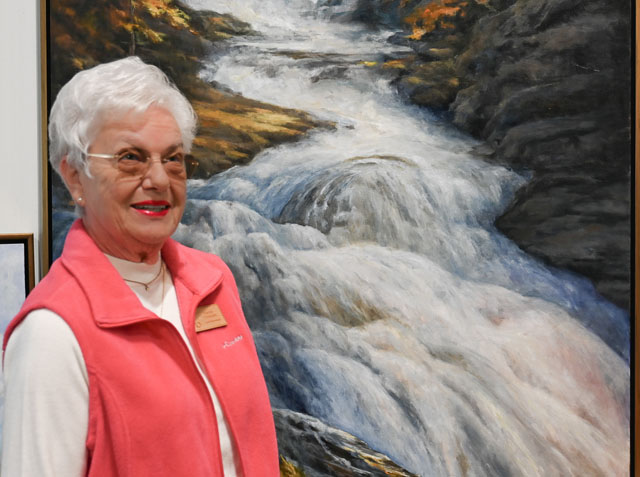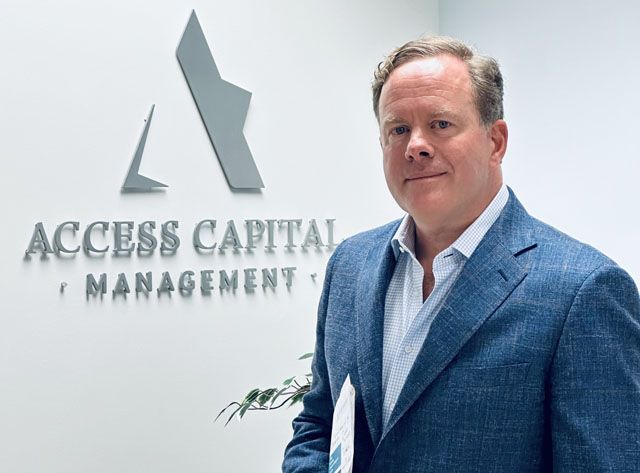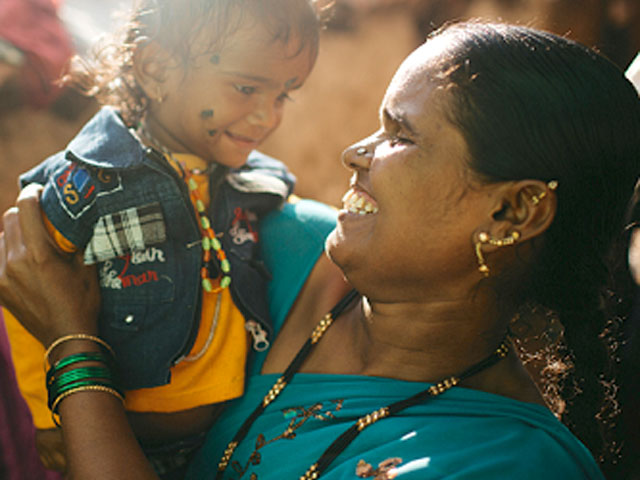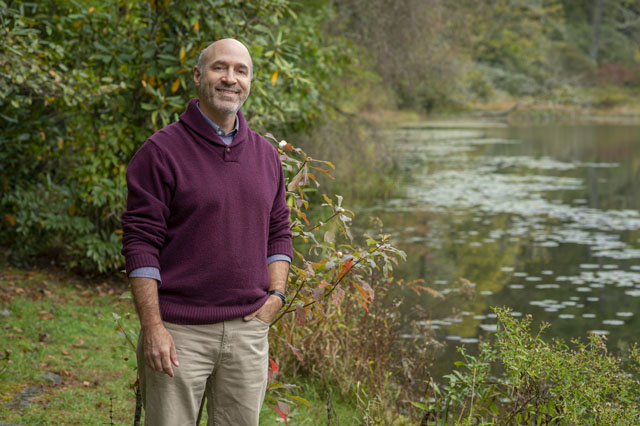Community Care
04 Jun 2024
Executive Director Faviola Olvera Comes Full Circle
By Anne Duchac
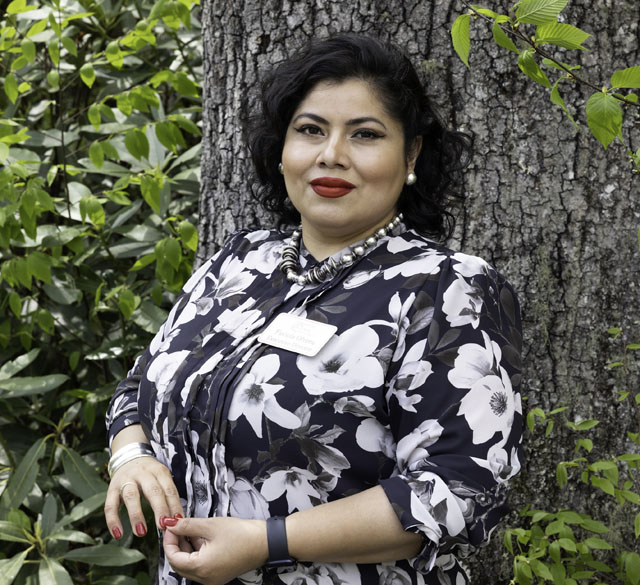
Faviola Olvera is making huge strides in her new role as the Executive Director of the Community Care Clinic of Highlands-Cashiers, Inc. The Clinic provides free medical services to low-income uninsured people in the Plateau and surrounding areas, and in its first year under her leadership, they have expanded their hours, services, and community outreach efforts.
The Clinic was established in 2005, when a group of concerned local residents saw a need that wasn’t being met by the current system. Soon, they enlisted generous neighbors, gained support from Highlands-Cashiers Hospital and the Highlands-Cashiers Health Foundation, and opened the clinic for one evening a week.
Olvera came on board last year after founding Director Jerry Hermanson’s retirement. She was previously the Executive Director of the International Friendship Center, another nonprofit organization in Highlands that helps people in hardship obtain food and medical care, as well as with education and immigration challenges. Chairman of the Clinic’s Board, David Moore, felt that Olvera was a good choice because “working class people know her, and know that she gets things done.” At the time she was hired, the Board of Directors had just created a strategic development plan based on input from the community, and Olvera immediately began to make the vision a reality. “When you invest in people in your community, you always get that investment back. You produce people that are well-grounded with a leg up for success,” she says. “There is such a wonderful opportunity in these smaller communities with a plethora of non-profits that invest back.”
Moore says that often, “people will drive past other clinics to come to this one.” He and Olvera attribute this to the compassionate nature of their providers, and their focus on bilingual services. “Medical terminology is complicated enough without a language barrier. She recalls a Latino man who came in after being seen at a local urgent care for what he thought were two broken toes. The Clinic reviewed his medical records and learned that he had a badly broken foot and needed an expensive orthopedic brace, which they were able to provide at no cost.
Olvera has deep roots in the Plateau area, making her passionate about meeting the community’s needs. Although she was born in Querẻtaro, Mexico, her family moved here when she was 8, and at that time they were the only Latino family in school. Several bilingual community members took time to help her and her siblings learn English. She graduated from the Highlands School, and ultimately went to Western Carolina University to earn her Master’s degree in Public Affairs with a concentration in Nonprofit Management. As the self-described beneficiary of local support and outreach that welcomed her family and allowed her to pursue advanced education, she says, “I know what community support can do in helping a person.” She found that people here have a very generous, humanitarian spirit, and credits the community scholarships she received for school with enabling her to work in a sector that allows her to give back. Since the Clinic opened its doors, Olvera has volunteered as an interpreter; being named as its Executive Director was a “full circle moment.”
Under Olvera’s guidance, the Clinic expanded its hours to Tuesdays and Thursdays from 1 to 9, with the afternoon hours set aside for urgent care walk-in patients, and evening hours for people to come in for appointments after work. Moore recalls that the first person they saw when they opened for urgent care was a construction worker who had a nail driven through his hand from a nail gun. He was afraid to go to the hospital because of the expense, but they were able to treat him right away and give him a tetanus shot.
The Clinic’s core staff is made up of Nurse Practitioners Rebecca Baker and Patricia Smith, and orthopedic P. A. Luke Stockdale. They treat everything from sinus infections to high blood pressure; and offer tetanus, flu and covid shots; flu, strep and covid tests; diabetes treatment and counseling, wound care, breathing treatments, steroid injections, and a monthly gynecology clinic. They provide EKGs, gynecological ultrasounds and maintain a small pharmacy in order to provide free medications. Last year they filled 2,500 prescriptions, and in the first 4 months of 2024, they have already filled 1,200. Community outreach efforts include flu vaccine clinics at local food pantries, mental health workshops and a flu vaccine clinic at the Boys and Girls Club and health screenings at the Good Neighbor Clinic in Franklin. At a recent health screening event, Clinic workers were able to screen 57 patients and identify 6 people who were pre-diabetic and schedule follow-up care for them. “That was a good day,” Olvera says with a smile.
One of the most exciting developments for the Clinic is its participation in a behavioral health collaborative with the International Friendship Center and the Counseling Center of Highlands. The Highlands Health Foundation provides funding for bilingual behavioral health therapist Michael Green, who splits his time between the three non-profit organizations. The clinic recommends that patients who receive medications for anxiety or depression also receive therapy, a guideline set by Medical Director Dr. John Baumrucker. Moore believes this is the first free clinic in this part of the state to offer both therapy and medications, which is so important because “mental health is a huge challenge coupled with stress about how you’ll feed your family.”
Olvera hopes that the Clinic can continue to expand its hours and services. Currently, providers see all the patients they can, about 15-20 a day. To do more, they will need more help from doctors, nurses, interpreters, and other volunteers. They also need donated personal care items like toothpaste and toothbrushes, soap, sunscreen, reading glasses, over-the-counter medications, and unopened unexpired prescription medications.
The Clinic is funded entirely by support from clubs, churches, civic organizations, and individual donors. Olvera explains that they don’t receive any government funding because it would mean greater restrictions on who they could treat, whereas their goal is to try not to turn anyone away. Moore states, “the need is there, and we’re responsible for the welfare of our neighbors, particularly the most vulnerable. It’s up to us to make this happen, whether as a volunteer or through making a financial contribution.”
Olvera believes that the Clinic’s role is crucial because of the misconception about the level of need for these services here. “We have wealthy communities, but there’s a whole service industry that props these communities up. It’s difficult to live and work up here. The clinic provides a really vital role for everyone that lives here, not just the patients. If everyone has access to healthcare, it keeps the community healthier and safer. If someone who works for you has good access to healthcare, then you’re better off as well.”
To learn more about the clinic and how to get involved, visit their website at www.highlandscashiersclinic.org, or contact Faviola Olvera at 828-526-1991.


